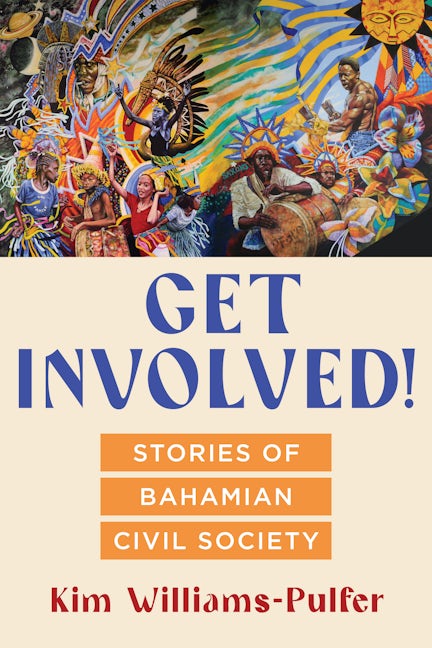Caribes 2.0
New Media, Globalization, and the Afterlives of Disaster
Series: Series: Global Media and Race
Published by: Rutgers University Press
Subjects:Art, Music, and Architecture, Caribbean Studies, Cultural Studies, Film, Media Studies, and Communications, Latin American Studies, Latina/o Studies
198 Pages, 6.1 x 9.3 in, 33 color and 2 B-W images
Related Topics:SOCIAL SCIENCE / Ethnic Studies / Caribbean & Latin American Studies, SOCIAL SCIENCE / Media Studies, SOCIAL SCIENCE / Biracial & Multiracial Studies, SOCIAL SCIENCE / Black Studies (Global), SOCIAL SCIENCE / Ethnic Studies / Hispanic American Studies, ART / Performance












